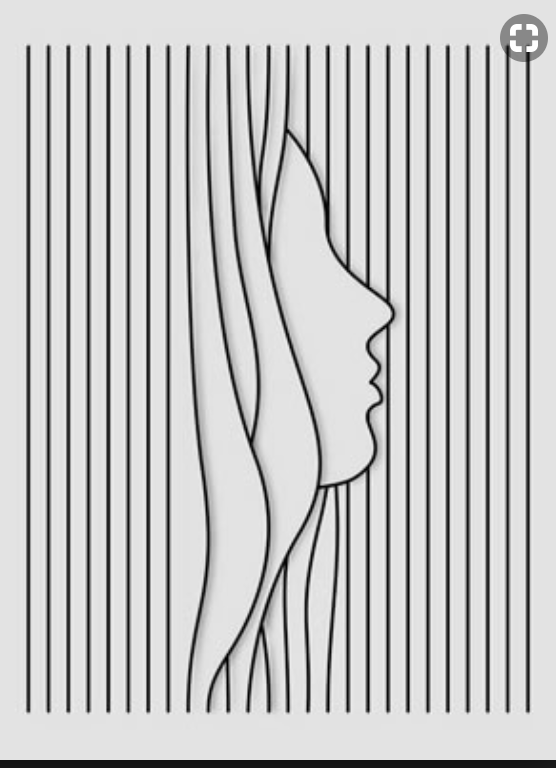ahead, aiming for reading on November 6:
We determined in class on October 9 that we would invite a range of instruments to augment those in our class. Listed below are the people who volunteered to secure each instrument:
Cello (Quinn, John)
Viola (Derik)
Violin
Double Bass (John)
Percussion (and instruments) (Libby, Quinn)
Baritone (Derik)
Soprano (Quinn)
Trombone
Trumpet (Libby, John)
Flute (Mo-ah)
Quinn also volunteered to set up a spreadsheet for our common use showing who has been invited (and agreed to come), who invited them, what they play.
Other things we agreed on include that we’ll each secure one audience member each to attend, and that we’ll work after the reading session on securing a good audience. Offering food was suggested, and there is the possibility of getting funds from Longy to support the concert.
due October 9
Devise an experiment in notation that...
Possibilities:
- Start with a sound you want to represent
- Start with a symbol that you figure a sound for
- Start with a control for sound (of any kind)
- Listen to a piece, notate its sound in symbols or shapes
- Imitate the notation of a piece you have found
Be prepared to play others’ and your own examples! (Bring instruments.)
Also: everyone bring instruments and demonstrate unusual sounds available. due October 2, 2019
Devise an experiment in notation. Come up with little ideas, see if you can imagine how they might fit together, be used in a score.
Possibilities:
- Start with a sound you want to represent
- Start with a symbol that you figure a sound for
- Start with a control for sound (of any kind)
- Listen to a piece, notate its sound in symbols or shapes
- Imitate the notation of a piece you have found
Be prepared to play others’ and your own examples! (Bring instruments.) due September 25, 2019
Start experimenting!
Devise short experiments in notation. These can be influenced by existing scores or examples, or freshly created. There is no expectation of your creating an entire piece. Just make up some notation, compose a passage with it, bring it to class, and play the passage for us. We will want to hear how you made decisions in making cup the notation and in using it to compose.
You may also bring in another example of music using experimental notation. If so, be ready to explain it to us.
So, to be clear, you must bring in something: either notation experiments, another example by someone else, or both. It is best if you perform the experiment to demonstrate, but we will eventually want to try out the notation with another person reading it.
due September 18, 2019
Locate at least one more example of experimental notation. Same as last week: play recording, etc. Be prepared to talk about how your perceive the notation to function, what value it has, what alternatives may work as well or better.
due September 11, 2019
Locate at least one example of experimental notation, bring it to class, play a recording of the piece (if possible), and comment on the efficacy of the notation. If you discover anything about the composer’s process that informs the notational design, describe that to us as well. The example may be a sample of music you have played, it may an example of your music, or it could be an example found online.
A good place to start looking is by doing a Google search for “experimental music notation”, and see what you find. You might find my Pinterest board of interest, it's called simply "notation". You may receive an invitation to join the board one day soon…

